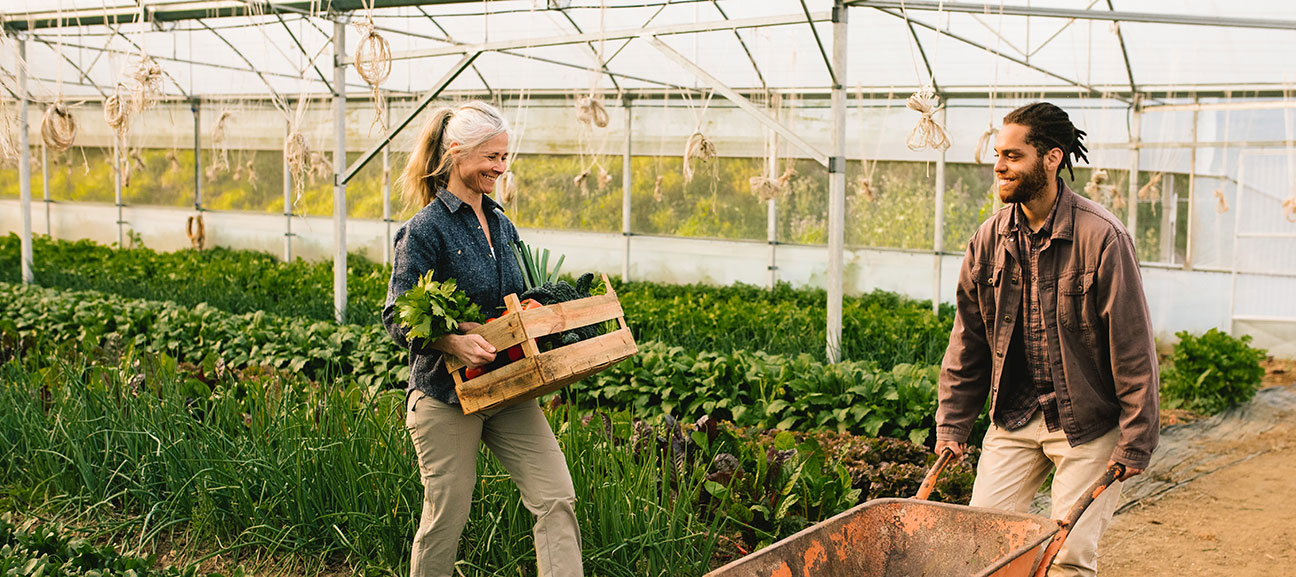The number of agribusinesses has grown significantly in Brazil’s Rio Grande do Sul state in the last decade.
The regulation of the activity, with a seal that identifies the origin and procedure during manufacturing, helps to value products from small properties and to expand the business.
AGRIBUSINESS IS A SYNONYM FOR FAMILY
A cheese dairy in Ivoti, in the metropolitan area of the state capital, Porto Alegre, started 12 years ago, but in the last seven years, Rodrigo Staudt and his family decided to segment and dedicate themselves to fine cow and goat cheese.

They already have clients in 42 cities in Rio Grande do Sul and their own store.
“The differential is the care, since, as it is not a large scale, we can devote more attention to each lot produced and each product and make this traceability.
“Today, I know all our suppliers, where our raw material comes from, and this gives more confidence to our production,” he says.
New establishments have grown more than 3,000% in a decade.
According to the Secretary of Agriculture of Rio Grande do Sul, in 2010, there were 116 agribusinesses registered in the state. Last year, 3,830.
This year alone, there are already 59 new registrations.
KEEPING YOUNG PEOPLE IN THE FIELD
Agribusiness is an important way to take advantage of family labor and help keep young people in the field.
It’s no wonder that at the last Expointer, 95 out of 337 enterprises had young people in charge.
These establishments produce everything from sausages to bakery, sweets, and spices.
“This fascinates people, and they are dedicating themselves to this. But we would say that the issue of working with one’s own business and adding value to the product is powerful,” says the president of Fetag, Carlos Joel.
Entities in the sector are trying to make the regularization process less bureaucratic. In the state, it is only possible to sell at fairs, for example, with the inspection seal.
In Rio Grande do Sul, the certification receives the name ‘gaucho flavor seal’ and attests that everything was produced within the norms.
“To start the agro-industry, he will need to look for resources. Today, some resources already finance the agro-industry.
“Still, it would be necessary to have a bigger development, with lower interest rates, a longer term to have the resources to maintain the agro-industry. The farmer who wants to, today, must look for it.
“The unions are there to help; Emater is there to help in the legislation issue to see what is needed, to seek the licenses in the municipality and then the certification,” says Carlos Joel.
With information from Canal Rural

